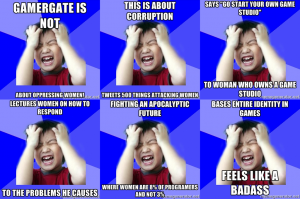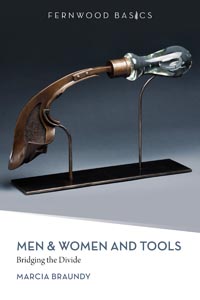The Final Oral Examination For the Degree of
DOCTOR OF PHILOSOPHY
RACHEL RALPH
Sharing is Caring: Prosocial Behaviours, Theory of Mind, and Media and Technology in Early Childhood Education
Tuesday, March 21, 2017, 12:30pm
Room 200, Graduate Student Centre
ABSTRACT
This empirical study investigated the manifestation of prosocial sharing behaviours and how this interplayed with preschool-aged children’s Theory of Mind (ToM), described in cognitive science as one’s ability to ascribe mental states to others and how the ascribed states are used to explain and predict the actions of others, when using media and technology (M&T), i.e., iPads. The following research questions were explored: 1) In what ways do theory of mind and the prosocial behaviour of sharing manifest among preschool-aged children interacting with iPads?; 2) What are the effects of iPad use on the manifestation of theory of mind and prosocial behaviours of sharing among preschool-aged children?; 3) What are the possible connections between a child’s theory of mind and their prosocial behaviour of sharing? The study is grounded in empathy-altruism theory, social exchange theory, and social learning theories. It employed a mixed methods approach that used design-based research (DBR) strategies and video ethnography for data collection. During the study, the children wore personable cameras, which captured data from their points of view to enhance the video captured by the researcher. Phases of the DBR included: a pilot feasibility study (prototype test) with practicing teachers (n=18), field study with preschool-aged children (n=3) (four years old), and definitive test group (n=5) (three and four years old) in another early childhood education (ECE) setting. The field study and definitive test phases included four activities for data collection and analysis: 1) Reading digital story Mine, 2) ToM storybook task battery, 3) demonstration of Chatterpix Kid, and 4) five children to three iPads using Chatterpix Kid to animate pictures taken. Data were analyzed using qualitative open-thematic coding methods and statistical methods, including Chi-square and Cohen’s Kappa for agreement. The qualitative and quantitative results indicated that all participants had ToM attributes and incidents of prosocial behaviours occurred more than nonsocial or antisocial behaviours when using M&T. The study’s findings underscore the importance of exploring in situ children’s ToM, using point of view wearable cameras, and continued research to understand short and long-term implications of M&T in ECE.
EXAMINING COMMITTEE
Chair:
Dr. Lee Gunderson (Language and Literacy)
Supervisory Committee:
Dr. Stephen Petrina, Research Supervisor (Curriculum Studies)
Dr. Samson Nashon (Curriculum Studies)
Dr. Marina Milner-Bolotin (Curriculum Studies)
University Examiners:
Dr. Peter Gouzouasis (Curriculum Studies)
Dr. Marlene Asselin (Language and Literacy)

 Follow
Follow

